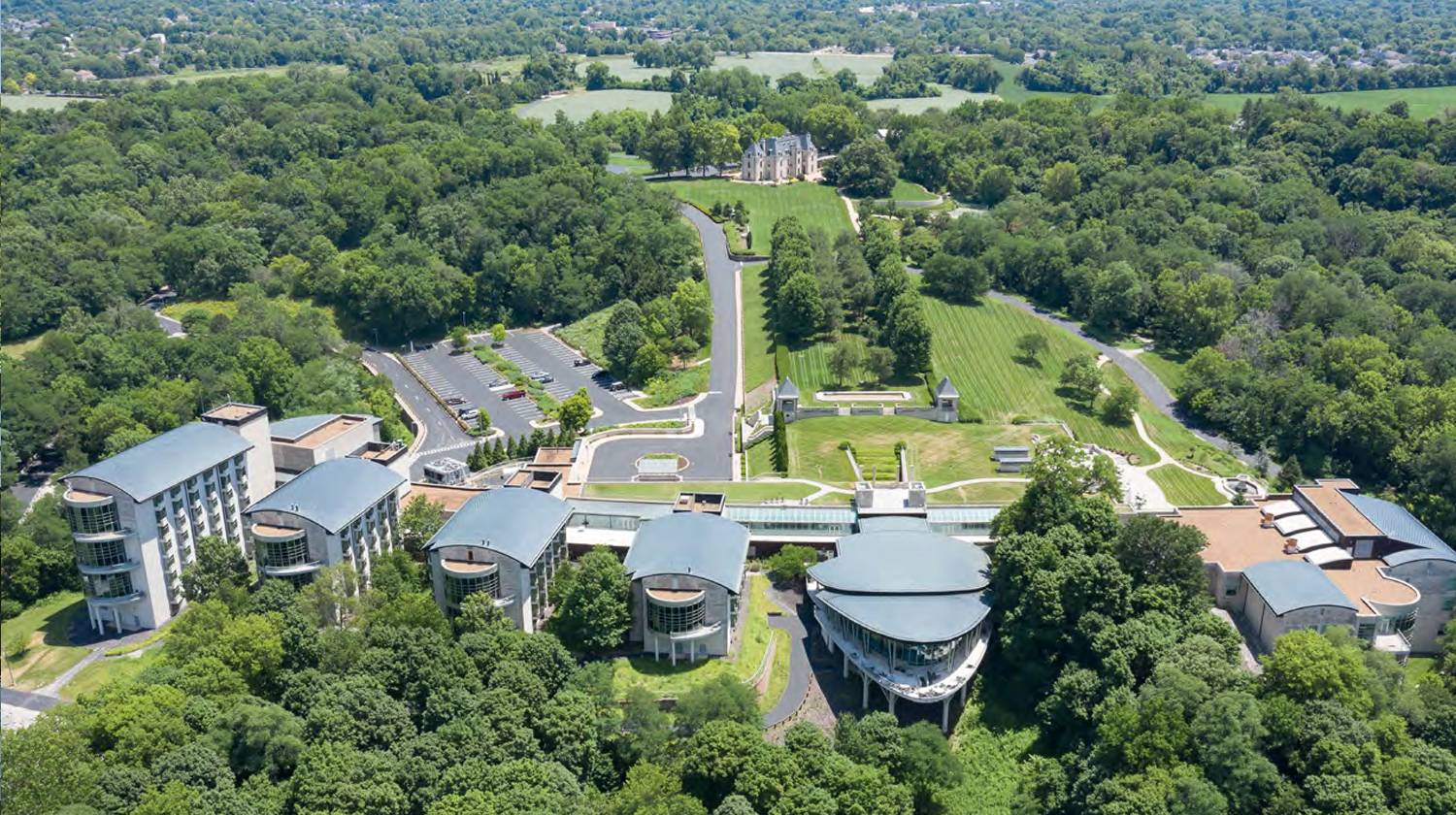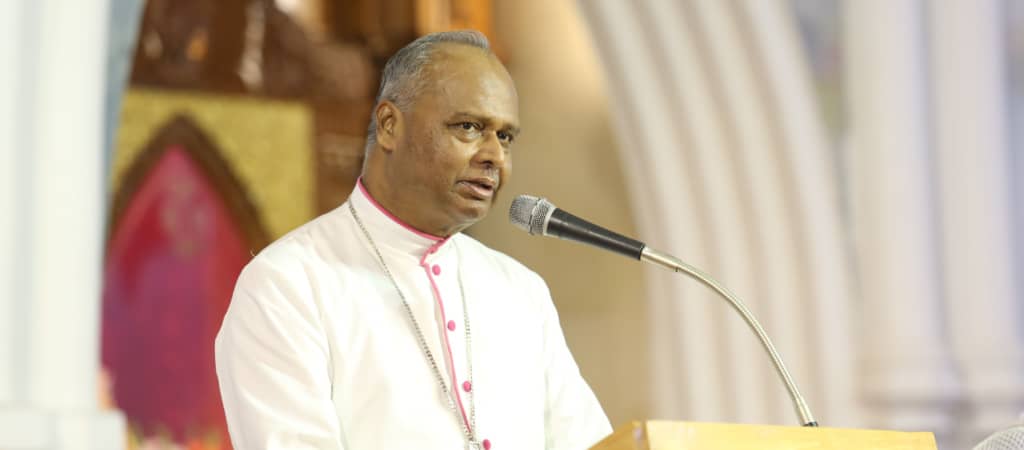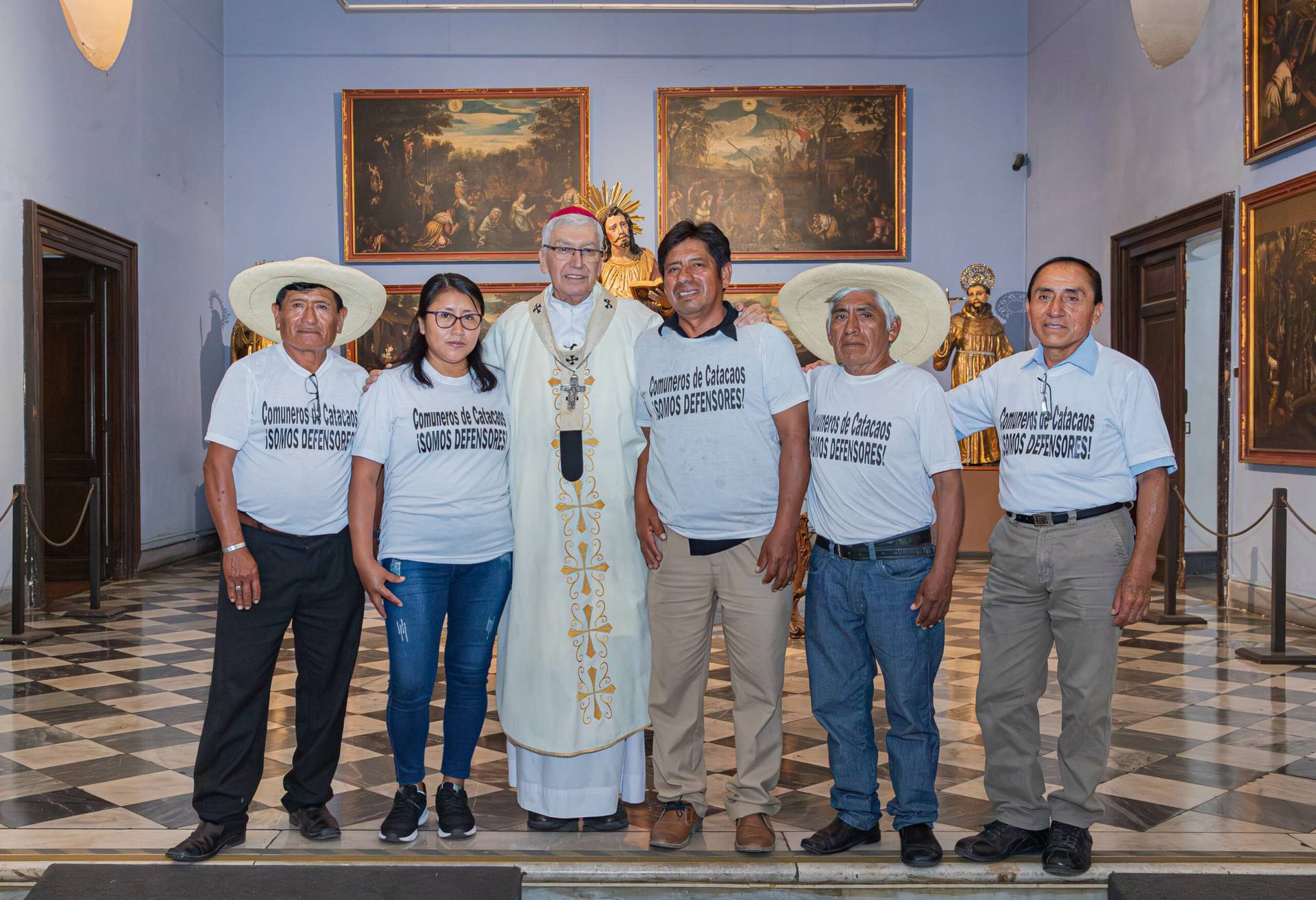ROME — Despite indirectly being the target of some of Pope Francis’ strongest criticism in his encyclical letter on the environment, many global political leaders have heaped praise on Laudato Si’ and echoed its call for action on climate change.
They’ve been joined in that chorus by officials from a variety of other Christian churches and religions.
On Thursday, US President Barack Obama “welcomed” Francis’ encyclical and shared his admiration for the pope’s decision to make the case “clearly, powerfully, and with the full moral authority of his position” for action on climate change.
Obama said he’s committed to taking bold action to cut carbon production and increase clean energy in the United States and abroad, and through his Twitter account, looked ahead to a United Nations summit on climate change in December.
Although Church officials insist Laudato Si’ isn’t primarily a policy document, Francis said last January that he wanted the encyclical to come out in time to encourage more “courageous” choices in Paris.
Hosting that summit will be French president François Hollande, who released a statement saying he hopes the “particular voice” of Pope Francis is “heard in every continent, beyond the faithful.”
Hollande, who was raised a Catholic but today defines himself as an atheist, said he welcomed Francis’ appeal to global public opinion.
For the French president, the encyclical put ecology “in a humanist perspective.”
The Nov. 30-Dec. 11 Paris summit is sponsored by the United Nations, and many of its leaders also welcomed the encyclical.
Secretary General Ban Ki-moon said the pope’s argument illustrates the need for governments to adopt an ambitious agreement when they convene in France.
“His first encyclical emphasizes that climate change is one of the biggest challenges facing humanity, and it is a moral issue that requires a respectful dialogue with all parts of society,” Ban said in a statement.
(Technically, Laudato Si’ is Francis’ second encyclical. His Lumen Fidei, published three months after he was elected, was based on a largely finished draft by his predecessor, Benedict XVI)
In Laudato Si’, Francis was sharply critical of UN climate change summits to date.
“The Conference of the United Nations on Sustainable Development, “Rio+20” (Rio de Janeiro 2012), issued a wide-ranging but ineffectual outcome document,” he wrote.
“International negotiations cannot make significant progress due to positions taken by countries which place their national interests above the global common good,” the pope said.
In office since 2007, Ban headed that conference, too.
Some organizations that have long been working to protect nature, such as the World Wildlife Federation and Greenpeace, also praised the pontiff and his text.
In a statement from WWF International, President Yolanda Kakabadse called the pope’s voice “a much needed moral approach to the climate debate. Climate change is no longer just a scientific issue; it is increasingly a moral and ethical one.”
Giuseppe Onufrio, executive director of Greenpeace Italy, said “this encyclical is good news” because “it amplifies to millions of fresh ears the ethical rallying cry we’ve all been raising about the climate.”
Onufrio said “this must increase the pressure on our leaders to act at the behest of the largest climate coalition ever seen, billions of citizens around the world.”
In the days before the release of Laudato Si’, Francis called for religious unity in the fight against climate change. In the wake of its release, the document has drawn support from leading representatives of Hindus, Anglicans, Orthodox, and Jews.
Orthodox Patriarch Bartholomew I of Constantinople and Justin Welby, archbishop of Canterbury and head of the Anglican Church, published a joint opinion column in The New York Times on Friday, titled “Climate change and moral responsibility.”
Rajan Zed, president of the Universal Society of Hinduism, released a statement saying he hopes the encyclical will help shape public policy. Zed also urged the pope to organize a global environmental summit involving all religions.
Before its publication, the encyclical inspired American Rabbi Arthur Waskow to write “A Rabbinic Letter on the Climate Crisis,” addressed “to all the Jewish People, to all the communities of spirit, and to the world.”














